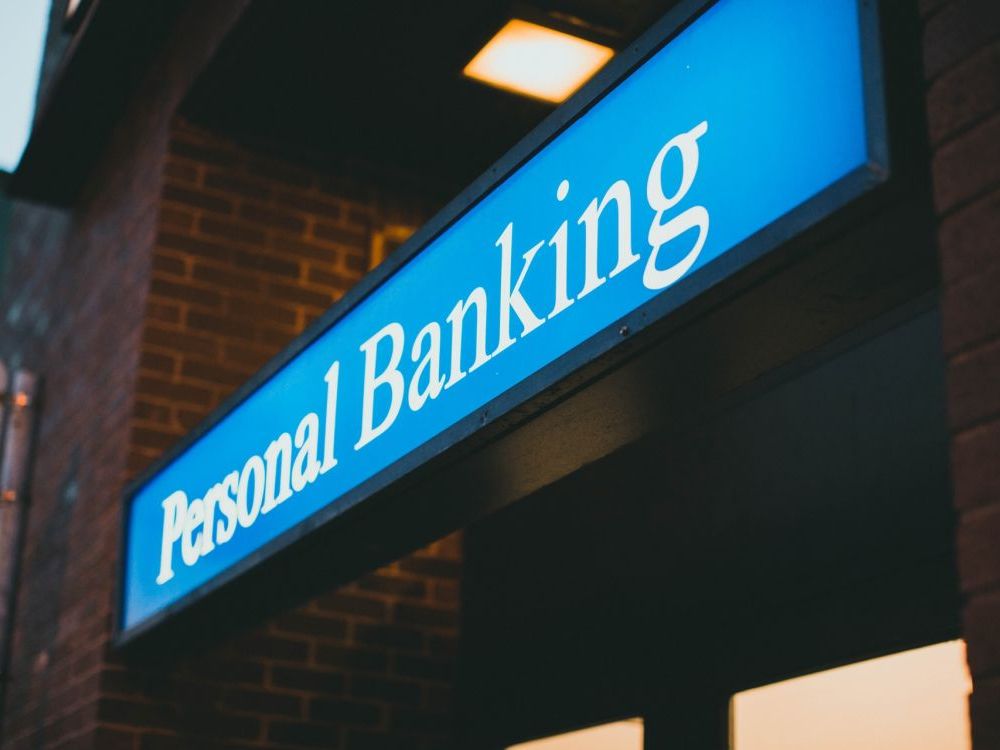We recommend the best products through our internal review process and may receive compensation if you visit partners we recommend according to our advertising disclaimer.
The answer to this question depends on your reasons for purchasing a home and your goals for your money and investments. Buying any property requires a significant cash outlay. Like every other investment option, its value may increase or decrease depending on the economy. Traditionally, owning a home has been a means to build wealth, and many see purchasing a home as a sign of success. A home is a place to put down roots, and because homeowners are not subject to rent increases, lock in some of your living costs. While most hope that the value of their home will increase, they are not inclined to think of their home as a profit-seeking investment. People commonly see houses as places to live unless they purchased them to rent them out.
But current housing costs and financial insecurities have made purchasing a home unachievable for many. Their money would have better returns if invested elsewhere. There are just better options for investment, even in other types of real estate.
Legitimate vs. Illegitimate Debt
At one point or the other, most people in the world have incurred some debt. Some people spend their whole lives trying to pay off different debts incurred over time. However, not all these debts are entirely legitimate. There are key factors that come into play when classifying debts as legitimate or illegitimate.
Legitimate Debt Must Be
When buying commercial property for investment, investors need to study the environment and determine what kind of property will thrive in the location. Buildings, formerly used for industrial or office purposes, are now being turned into apartments because there is a greater need and desire for those types of properties. Rental apartments provide a greater return on investment than trying to rent or sell industrial or office spaces.
Property owners have another option to consider when making their real estate more attractive to potential renters of apartments, retail spaces, and office spaces. They can make the property more attractive by adding luxury items like high-end restaurants and gyms. The aim is to get more people to return to the offices by including services or conveniences that serve as incentives. It is still unclear whether this option would work. Access to these has become less critical as people have adapted to working from home. Further study and experimentation will need to happen to determine what it will take to motivate people to return to an office every day.
Residential vs. Commercial Property
1. Consensual
No one gets forced into accepting anything as debt without prior consent. No one can force you to borrow money; a person needs to decide to take a loan before being regarded as a legitimate debt.
2. Repayable within a Reasonable Time
The debt in question must be a reasonable amount of money that can be repaid after a fair amount of time. The debt cannot be beyond the individual’s ability to pay back. For an obligation, it needs to be something you have the resources to pay back after a reasonable time limit has passed. On an episode of The Crypto Show with Stevie Johnson, Nick Sexton said, “You cannot take on debt that is beyond your ability to repay within a reasonable time, so it has to be paid off easily.”
Illegitimate debt
Illegitimate debt breaks both of these rules.

Today, the most commonly incurred debt is for purchasing a home. Historically, Americans have prioritized homeownership. Homeownership is considered a sign of success, and prejudices exist against those who fail to meet this achievement. Many feel emotionally blackmailed and bullied by society to purchase a home, making this debt nonconsensual. Even though it may feel consensual, the truth is that the person was not acting entirely of their own free will because the desire to own a house comes from fear of ridicule.
High housing costs have made paying off a home within a reasonable period next to impossible for the average person. Adding to this is a social structure that has collapsed because of the lack of good-paying blue-collar jobs. Decades ago, working at a fast-food restaurant like McDonald’s was something people did in their teens before they moved on to get “real jobs.” There are few “real jobs” to be found today. The unavailability of jobs means you have an adult, frequently raising children while earning the minimum wage, and barely getting by. However, homeownership expectations have not diminished, despite low incomes and unreasonably high home costs.
What is odious debt?
Under international law, odious debt is a debt incurred by the ruling powers of a country to perform duties that are not important for the advancement of the country. Specific regimes incur them for selfish purposes and are not debts owed by the state but are debts owed by that regime.
Student Loan Debt
Similarly, student loan debt is also nonconsensual. Nick Sexton believes that society pushes students to take on debt because they believe that formal education is the only way to get a job that will give them the life they desire. The level of student loan debt in the United States has dramatically increased, with some leaving college, not necessarily with a degree, with more than $100,000 in student loans. While some can repay this debt, many cannot.

A lot of the choices people make are a result of societal pressure. It is the same for debts. Some of the debts incurred by people, such as housing debts, are gotten because of the belief that at a certain age, a person must have accomplished specific things to prove that they are worthy of being regarded as adults. It is these societal factors that do not make these debts purely consensual.
Your Crypto IRA is a click away. Open an account today.
If you want to learn more about cryptocurrencies, download the 2021 Cryptocurrency
Investment For Free: https://bit.ly/3yzMetg
Follow us on Twitter: https://www.twitter.com/


